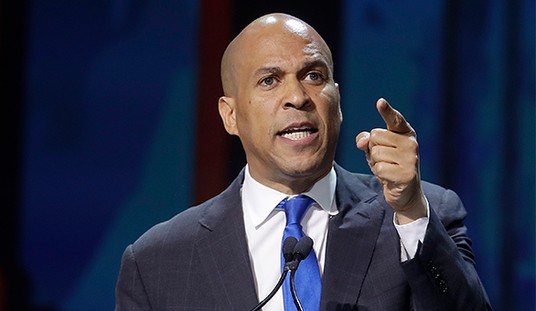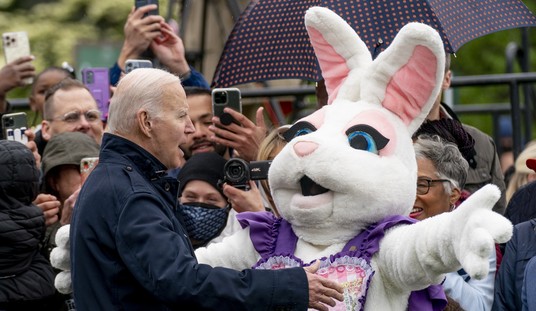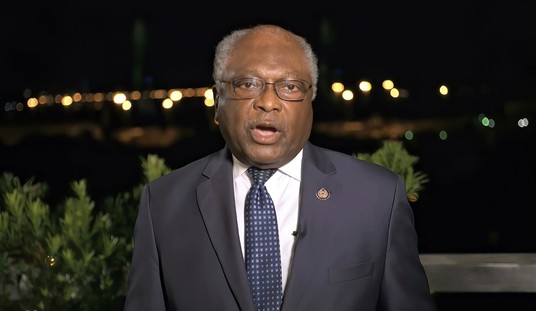Florida
Polls
Results
Outcome
The average was right on the money and when you look at the underlying polls, because often, as we’ve seen, the averages are close out of sheer chance because the underlying polls were wildly inaccurate, three of the last four polls were very solid. ARG is looking to be a regular outlier among polls.
Illinois
Polls
Results
Outcome
Now we’re back to the polls that we’ve come to love. The order of finish was wrong, and not by a little, and Cruz polled 5 points below his actual performance. Only the very last poll taken, CBS/YouGov (a poll that is beginning to look very solid despite the YouGov connection) picked up Cruz’s surge. The last three polls did identify Rubio’s collapse. The real oddity is that three of the last four polls, the exception was CBS/YouGov, understated Trump by 5-7 points. This is the opposite of what we usually see. Those same three polls missed Cruz by 5-10 points.
Missouri
Polls
Results
Outcome
The Fort Hays State University poll screwed up. They sacrificed the black rooster during the wrong phase of the moon and they looked for nodules on the lungs not at the vein pattern in the liver.
North Carolina
Polls
Results
Outcome
Another poll in which the order of candidates is wrong and Cruz’s poll average was 13 points lower than his performance. The average only works because one poll (the March 7 Civitas poll) gives Trump 32% that brings down other polls overstating Trump’s support by 5-9 points. The best poll was PPP which accurately portrayed Rubio’s collapse and Cruz’s surge.
Ohio
Polls
Results
Outcome
The polls totally missed the strength of Kasich’s performance but did quite well, like on the money, with the other candidates. But when you look at the underlying polls that comprise the average, again you find that there is more luck than skill involved. Only the last two polls showed a Kasich lead. Only the last poll of the cycle, by the usually horrendous ARG, gets Kasich within the MOE and the other candidates correct.
Summary
If polls are to be meaningful the MUST do two things. First, they must predict the order in which candidates finish. This isn’t terribly hard. A half dozen RedState commenters could accurately pick the order of finish in just about any race this cycle. The polls can’t reliably do that. And I’m not talking about squeakers where one candidate edges another by a point or less. I’m talking about missing the wholesale collapse of a candidate. Second, they must be able to get the vote, if not within MOE, by at least order of magnitude. When the second place finisher is understated by 13 points the polling is simply broken. It doesn’t need a tweak it needs massive rethinking.
The curiosity this cycle, at least to me, has been the randomness of results by individual polling companies. One would assume that if a polling company hits one state pretty accurately it should be able to hit all of them. The underlying internals, that is, sample selection, response rate, turn out modeling, etc. should work for Missouri as well as they did for Texas. That is not the case. Though CBS/YouGov, this is my gut feel and I may research this later, seems to be one of the most reliable polls it isn’t “reliable” per se. It simply gets more results close to right than anyone else but it is also wildly incorrect at times. ARG is mostly a joke poll… yet, yesterday it produced ONE of the most accurate polls. The fact that it has produced basically one accurate poll this cycle indicates it was more luck than skill. The state university polls are garbage. Anyone who quotes them has no idea what they are talking about.
Lest you argue that the polls “miss” some significant event, like a debate performance (bitch, puh-leeeze. Don’t tell me that any significant number of voters make a decision on who to vote for based on a debate. It that were the case, Al Gore and John Kerry would have been president), the easy way to disprove that is to look at polls after the “significant event” and see if they pick up a change. They really don’t. When you look at all polls taken after such an event it becomes very obvious that missing events is not an issue with polling unless you want to argue that entire states ignored the event while other states reacted to it.
I’d also set out to test a theory that frequent polling in past elections might result in better results. Florida and Ohio are intensively polled every presidential election because they change who they vote for (unlike CA and NY and TX) and winning the White House without them is nearly impossible for a GOP candidate. I was curious if that experience would translate into expertise. The answer is clearly no.
I also have an observation about PPP. I’m developing the feeling that their polls are utterly fake. If you look at PPP and then at an immediately preceding poll you see that the numbers and ordering of candidates is basically the same and one of the two leaders numbers will be massaged either up or down. This queasiness with PPP, by the way, is not a new thing.
The major lesson thus far is that poll averages are lazy and their results are bulls***. There was a poster that was popular when I was in the Pentagon that added together the square feet of the Pentagon, the number of staff, etc., etc. and averaged them. The point being that averages don’t necessarily mean anything. If all the underlying polls were close-ish, that is they accurately represented the order of the candidates and the order of magnitude of the vote percentage, then an average would be useful. That is not the case. The averages only work, when they work at all, because anomalies, that is, very high or very low vote predictions, offset what is already wrong in most of the polls. If someone talks to you and says “RCP average” you need to be careful. The odds are the person you are talking to doesn’t understand math or they do understand it and are trying con you.




















Join the conversation as a VIP Member